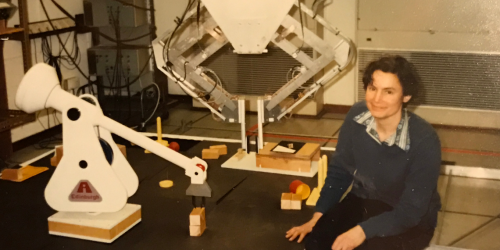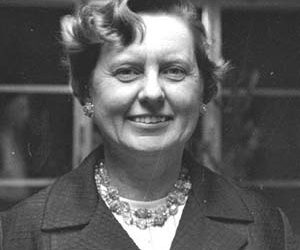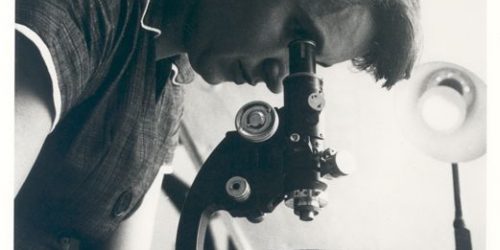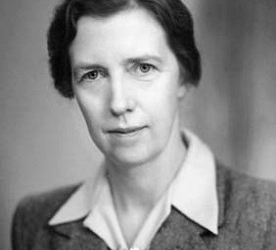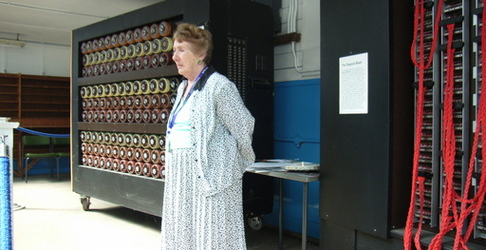Shafi Goldwasser (en)
This is a blog post by Christine Zarges, for International Women’s Day 2021. You can find the Welsh version here.
Dyma blog gan Christine Zarges, ar gyfer Diwrnod Rhyngwladol Y Menywod 2021. Cewch ffindio’r fersiwn Cymraeg yma.
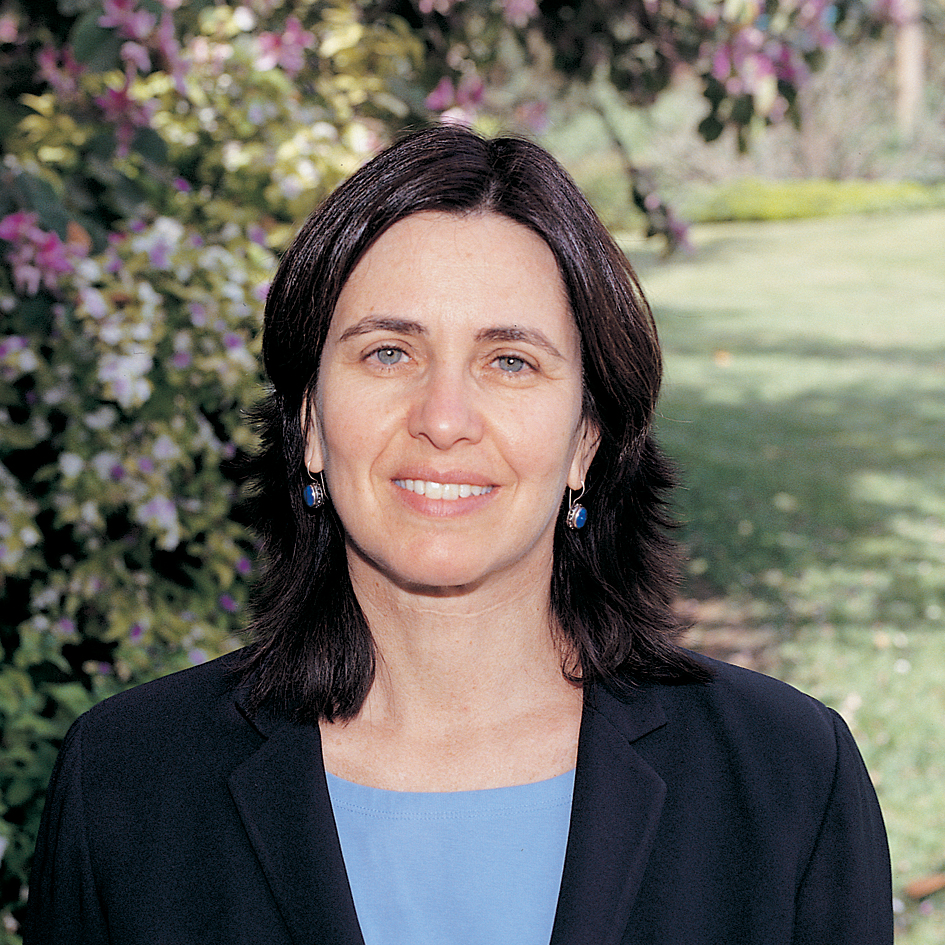
Shafi Goldwasser is an Israeli-American computer scientist who is well-known for her groundbreaking research in complexity theory, number theory and cryptography, including the so-called Blum–Goldwasser and Goldwasser–Micali cryptosystems. Among many other things, she is the co-inventor of probabilistic encryption and zero-knowledge proofs, two key tools for data security and cryptographic protocols, as well as probabilistically checkable proofs (PCP) for which she also discovered important connections to the intractability of approximation problems.
Born in 1959 in New York City, Shafi attended school in Israel and later returned to the USA for her undergraduate and postgraduate studies. She obtained a BSc in Mathematics and Science from Carnegie Mellon University (1979) and an MSc (1981) and a PhD (1984) in Computer Science from the University of California, Berkeley. She subsequently joined MIT and was named the first RSA Professorship in 1997. She is also a professor at the Weizmann Institute of Science in Israel (since 1993), co-founder and chief scientist of the security start-up Duality Technologies (since 2016) and the director of the Simons Institute for the Theory of Computing in Berkeley (since 2018). Together with her husband Nir Shavit, an Israeli computer scientist, and her two sons, she successfully divides their time between the USA and Israel.
During her career, Shafi Goldwasser has won numerous prizes and awards. Most importantly she received the ACM A. M. Turing Award in 2012 for her work in the field of cryptography [1]. She won the ACM Grace Murray Hopper Award for the outstanding young computer professional of the year in 1996 [2] and the Gödel Prize in theoretical computer science twice (in 1993 for the development of interactive proof systems and in 2001 for the PCP theorem and its applications to hardness of approximation [3]). Clearly, Shafi Goldwasser is a role model for women in computer science: she received the 2008-2009 ACM Athena Lecturer Award for women in computing [4] and won the Suffrage Science award [5] in 2016. She is also featured in the Notable Women in Computing cards [6].
I met Shafi Goldwasser in 2013 at the 1st Heidelberg Laureate forum [7], a week-long event where 200 young researchers in mathematics and computer science from all over the world get the opportunity to interact with recipients of the most important prizes in the two fields (Abel Price, ACM A.M. Turing Award, ACM Prize in Computing, Fields Medal, Nevanlinna Prize). Out of 38 attending laureates, Shafi Goldwasser was the only woman.
A detailed account (including videos) of Shafi Goldwasser’s career and contributions to research leading to the ACM A. M. Turing Award can be found on her laureate’s page [1].
[1] https://amturing.acm.org/award_winners/goldwasser_8627889.cfm
[2] https://awards.acm.org/hopper/award-winners
[3] https://sigact.org/prizes/gödel.html
[4] https://awards.acm.org/athena/award-winners
[5] https://www.suffragescience.org
[6] https://www2.cs.duke.edu/csed/wikipedia/cards.html
[7] https://www.heidelberg-laureate-forum.org/forum/past-hlfs/1st-hlf-2013/laureates-1st-hlf-2013.html
